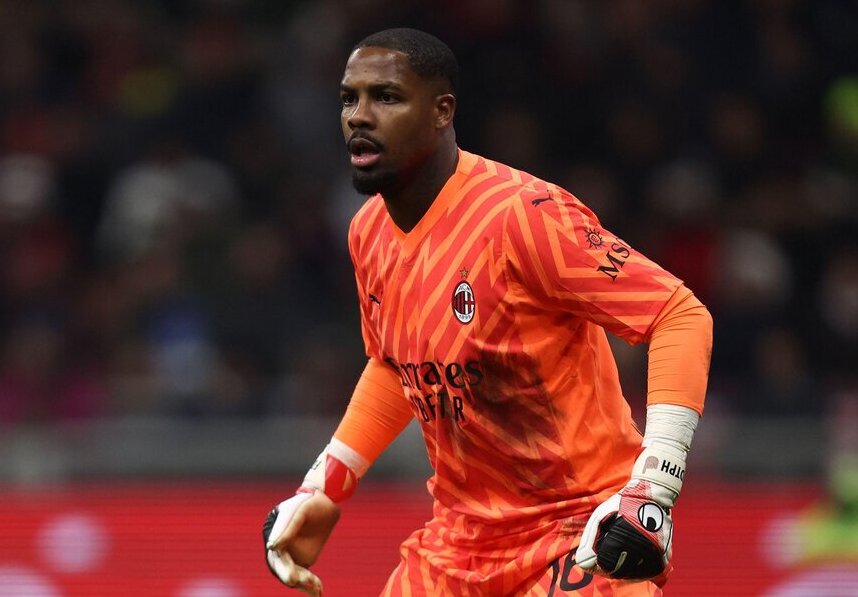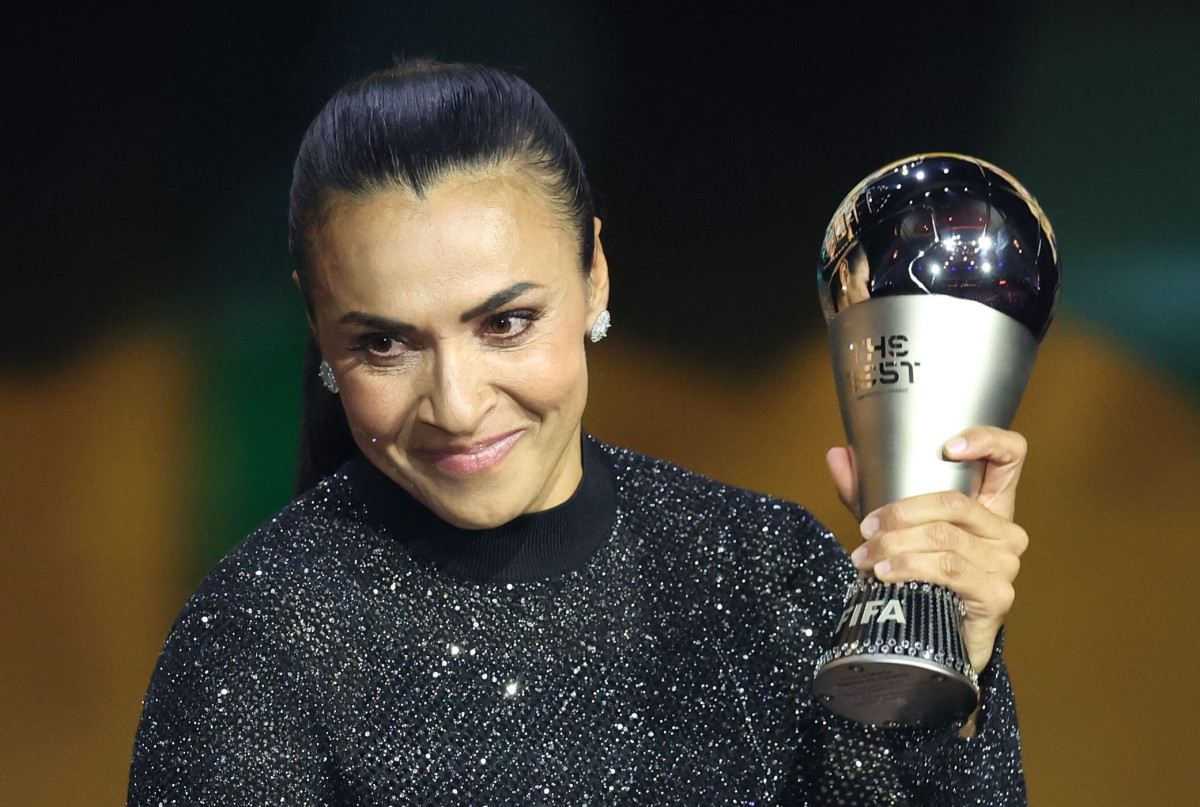At the University of Texas, American football is religion. At Pennsylvania State University, they need it for redemption. So when these two University programmes hired black head coaches within days of each other, it was a significant moment for a sport that has been among the slowest to promote African-American leaders at the highest level.
There have been other black head coaches at top American football schools — Notre Dame, Stanford, Miami, UCLA (University of California, Los Angeles). But the recent hiring of Charlie Strong at Texas and James Franklin at Penn State sent a powerful message, because of the combined prestige, mystique and influence of those teams.
"It's a historical moment," said Doug Williams, the first black quarterback to win a Super Bowl and a former head coach at Grambling State University.
"We've come a long way in a couple weeks," Williams said. "Even though we don't have as many as you would like, when you get a Penn State and a Texas, they almost make up for about 10 schools."
Lack of diversity in coaching positions
There are 125 colleges playing in the top-level Football Bowl Subdivision.
In 2013, 13 of them had black coaches. That was down from 15 in 2012 and an all-time high of 17 in 2011. Strong and Franklin have not been replaced by African-Americans, so the overall numbers remain low.
For James Franklin, the numbers are less important than the opportunities.
"I don't underestimate the significance of this moment. I take a lot of pride in that," he said in an interview.
"But the most important thing is we're getting to a point where universities and organisations and corporations are hiring people based on merit and the most qualified guy.
"We're making tremendous strides," Franklin said. "The more opportunities that coaches get and go out and do well and succeed, it helps. It helps change perceptions, and perceptions are a powerful thing."
Black coaches have won championships in college basketball and pro football, baseball and basketball. But no black coach has won the college football national title.
For Ty Willingham, who in 2001 became the first black head football coach at the Notre Dame University, the recent events produced a mixture of emotions.
"You are extremely proud that it is an African-American," Willingham said.
"At the same time, it represents that an outstanding coach has proved his abilities. That's what the whole struggle is about, is the opportunity for a man to prove his abilities.
"I don't think it's a novelty now," said Willingham, who also led teams at Stanford and the University of Washington.
"In a sense, we're past it. I still don't think we're at that place where it is a commonplace thought. But we are getting closer, and that is a wonderful day."
That may be one reason why race was not a dominant theme when Strong and Franklin were named last week.
Some noted that Texas, which fielded college football's last all-white championship team in 1969, had never had a black coach before.
And the success of the black coach Kevin Sumlin at arch-rival Texas A&M University made race less of an issue with Strong.
New opportunities for future coaches
American football coaches usually get their first top jobs after success as offensive or defensive coordinator.
Strong was for a decade the defensive coordinator for championship Florida teams, getting passed over for numerous head coach positions.
In 2009, just before Louisville made him its head coach, Strong said he was told that one Southeastern Conference doormat did not hire him in part because his wife is white.
Franklin, 41, is a dozen years younger that Strong. In some ways, his rapid rise illuminates the greater opportunities available to a new generation of black coaches.
Franklin hopped back and forth from college to NFL jobs before spending 2008-2010 as Maryland Terrapins’ offensive coordinator and head-coach-in-waiting.
Three winning campaigns later, he landed one of the most prestigious jobs in college sports.
Since his arrival at Penn State, Franklin's narrative has not been about race but about restoring Penn State's reputation, which crumbled beneath the horrific child rape scandal that ended Joe Paterno's reign of 45 years as head coach.
"There's no question that the so-called prime jobs, programs with great traditions, have been less available to African-Americans," said the former coach of the New York Knicks and human rights activist, Richard Lapchick.
He said it has been tougher for black coaches to build winning traditions because they usually get opportunities with losing teams, and it's tough to turn that around.
"Stepping in at Texas or Penn State," Lapchick said, "makes that a lot easier."
From Huffington Post





